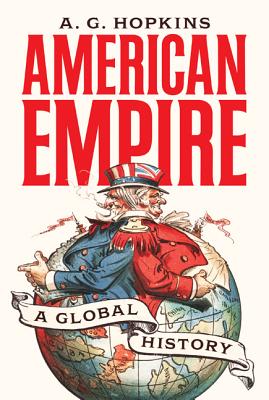Expedite your nonfiction book discovery process with Readara interviews, summaries and recommendations, Broaden your knowledge and gain insights from leading experts and scholars
In-depth, hour-long interviews with notable nonfiction authors, Gain new perspectives and ideas from the writer’s expertise and research, Valuable resource for readers and researchers
Optimize your book discovery process, Four-to eight-page summaries prepared by subject matter experts, Quickly review the book’s central messages and range of content
Books are handpicked covering a wide range of important categories and topics, Selected authors are subject experts, field professionals, or distinguished academics
Our editorial team includes books offering insights, unique views and researched-narratives in categories, Trade shows and book fairs, Book signings and in person author talks,Webinars and online events
Connect with editors and designers,Discover PR & marketing services providers, Source printers and related service providers

American Empire: A Global History
History > United States - Colonial Period (1600-1775)
- Princeton University Press
- Hardcover
- 9780691177052
- 9.4 X 6.6 X 2.6 inches
- 3.25 pounds
- History > United States - Colonial Period (1600-1775)
- (Single Author) Asian American
- English
Readara.com
Book Description
A new history of the United States that turns American exceptionalism on its head
American Empire is a panoramic work of scholarship that presents a bold new global perspective on the history of the United States. Drawing on his expertise in economic history and the imperial histories of Britain and Europe, A. G. Hopkins takes readers from the colonial era to today to show how, far from diverging, the United States and Western Europe followed similar trajectories throughout this long period, and how America's dependency on Britain and Europe extended much later into the nineteenth century than previously understood.
In a sweeping narrative spanning three centuries, Hopkins describes how the revolt of the mainland colonies was the product of a crisis that afflicted the imperial states of Europe generally, and how the history of the American republic between 1783 and 1865 was a response not to the termination of British influence but to its continued expansion. He traces how the creation of a U.S. industrial nation-state after the Civil War paralleled developments in Western Europe, fostered similar destabilizing influences, and found an outlet in imperialism through the acquisition of an insular empire in the Caribbean and Pacific. The period of colonial rule that followed reflected the history of the European empires in its ideological justifications, economic relations, and administrative principles. After 1945, a profound shift in the character of globalization brought the age of the great territorial empires to an end.
American Empire goes beyond the myth of American exceptionalism to place the United States within the wider context of the global historical forces that shaped the Western empires and the world.
Author Bio
Tony Hopkins is Emeritus Smuts Professor of Commonwealth History at Cambridge and Emeritus Walter Prescott Webb Chair in History at the University of Texas in Austin. He holds a PhD from the University of London and honorary doctorates from the Universities of Stirling and Birmingham.
He is Emeritus Smuts Professor of Commonwealth History at the University of Cambridge and an Emeritus Fellow of Pembroke College, Cambridge.
Professor Hopkins's main interests lie in the history of the non- Western world, economic history of Africa, and the history of European imperialism.
He has written extensively on African history, imperial history, and globalization. His publications include: An Economic History of West Africa (1973; 2019), British Imperialism written with P. J. Cain (1993; 3rd ed. 2016), Globalization in World History (2001), Global History: Interactions between the Universal and the Local (2006), American Empire: A Global History (2018), Africa, Empire and World Disorder: Historical Essays (2020) and numerous scholarly articles.
Research Interests
- Western expansion overseas;
- African and ‘Third World’ history;
- Historiography; globalization; development issues
Education
- St Paul’s School, London, 1953-57 University of London, B.A. (History, 1960);
- Ph.D. (1964): ‘An Economic History of Lagos, 1880-1914’
Source: The University of Texas at Austin Department of History
Videos
No Videos
Community reviews
No Community reviews

